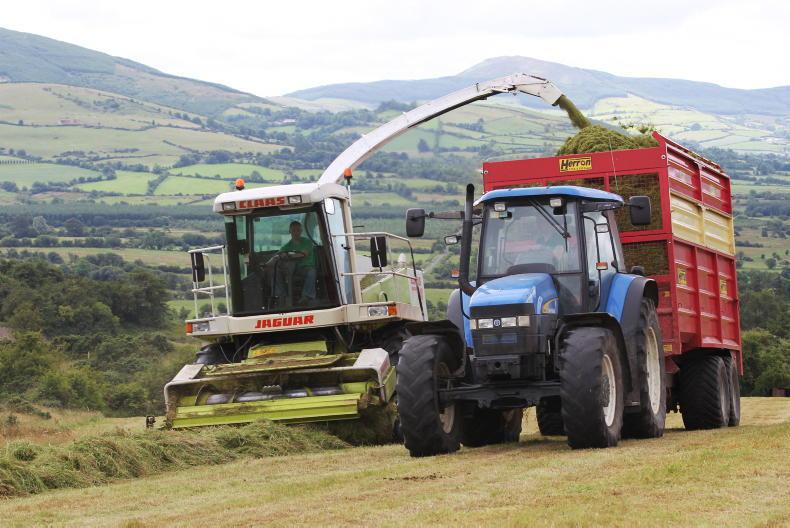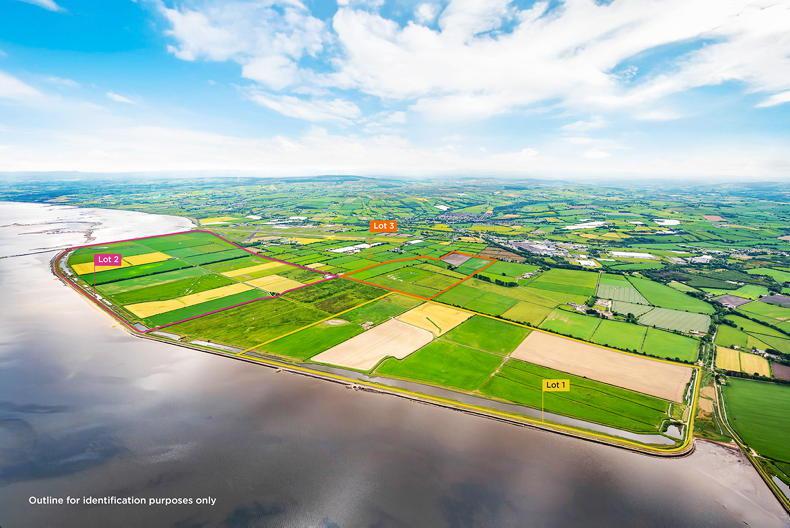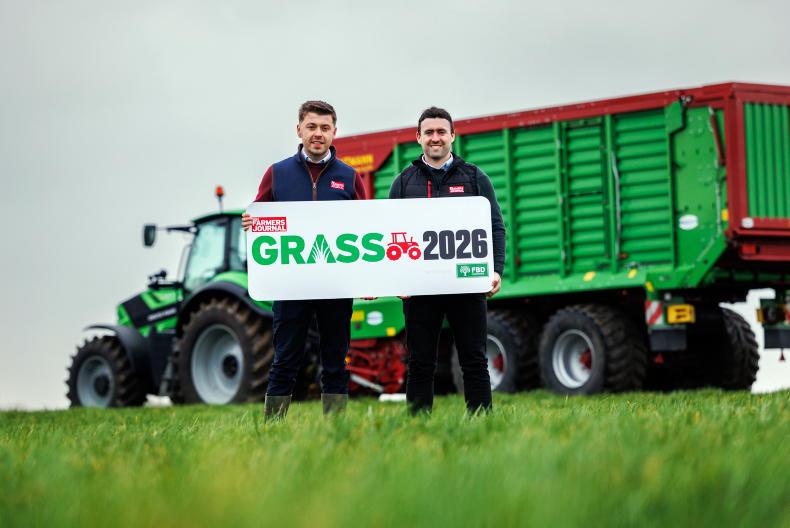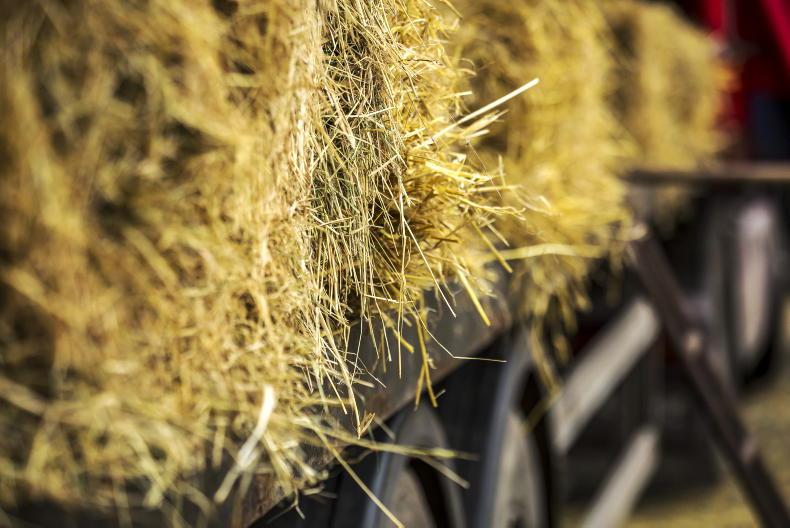A three-week extension for harvesting hay or silage under the Fodder Support Scheme has been sought by the Association of Farm and Forestry Contractors in Ireland (FCI).
The move to change the closing date from 5 September to 30 September comes on the back of poor grass growth over the last number of weeks.
The association has requested that Minister for Agriculture Charlie McConalogue extends the closing date as "near-drought conditions" are forcing farmers to knock grass, despite low yields, just to be compliant with the terms of the scheme.
FCI chair John Hughes said: "Contractor members have identified that many farmers have delayed their silage and hay cutting as long as possible, in the hope of sufficient grass growth. Grass growth has been static on many of these farms over the past six weeks."
Yields of lower than 1.5 bales/ac are being quoted
He explained that these farmers are now facing a situation where they are being forced to request their contractor to cut grass crops for silage or hay under the terms of the Fodder Support Scheme that are not economical due to poor yield returns.
He argued that the scheme's "calendar date" of 5 September is no longer valid, due to low summer rainfall.
Contractor costs
According to FCI, yields of lower than 1.5 bales/ac are being quoted by contractors around the country.
Meanwhile, the costs of mowing, raking, baling and wrapping grass in the form of baled silage at guideline charge rates makes the work no longer economical for many FCI contractors.
“FCI farm contractors are also coming under increasing pressure from farmers to complete this work to meet the 5 September deadline.
"The urgency created by poor growing conditions, as farmers have pushed back the harvesting dates in the hope of additional grass growth, has created some additional health and safety risks on farms," Hughes said.
This, he said, can be avoided by an extension of the harvesting closing date.
Depleted silage stocks
Some farmers have depleted their stocks of bale and pit silage in recent weeks, as grass growth for grazing animals has been restricted.
"These farmers are facing an additional fodder crisis that was unexpected at the time of the creation of the National Fodder [and Food] Security Committee.
"This new situation deserves attention for these farmers," he said.









SHARING OPTIONS